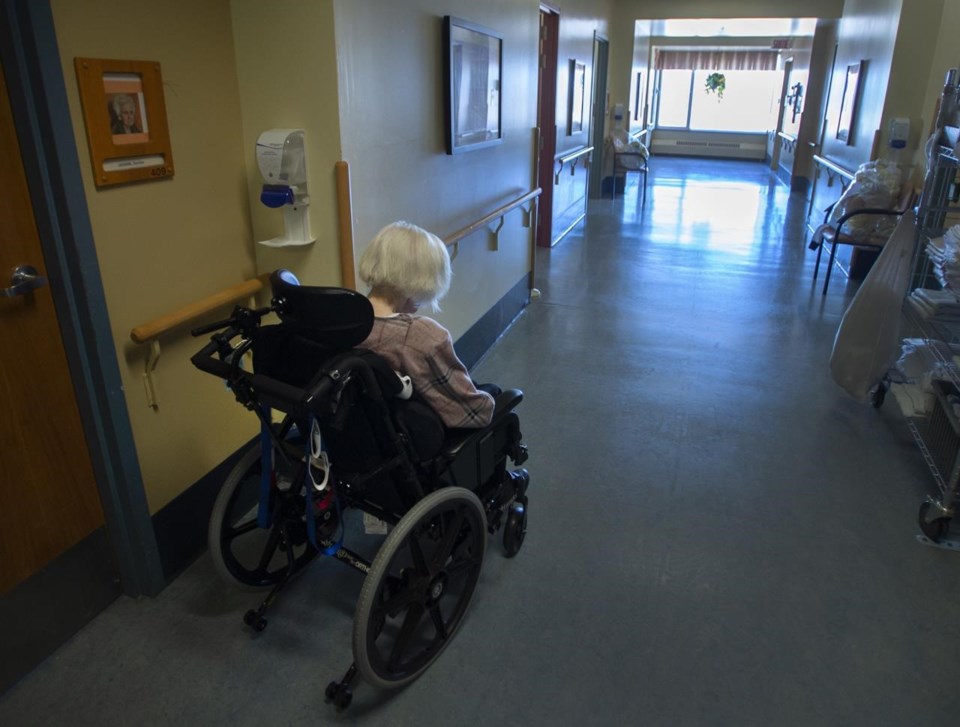CHARLOTTETOWN — A report on the spread of COVID-19 in long-term care homes in Prince Edward Island has found that the facilities were insufficiently prepared for a pandemic, and the crisis led to a deterioration in residents' quality of life.
The 60-page report released Thursday by an external review panel appointed by the government issued 17 recommendations to improve care for residents. P.E.I. has about 1,100 people in publicly and privately managed long-term care homes.
The report found the toughest period was during the first six months of the pandemic in 2020 when the virus was at its deadliest and there was no vaccine. The situation was traumatic for residents and workers alike.
"In interviews with us, many people spoke of the traumatic impact of attempting to work safely amidst the threat of mass mortality in the long-term care system. This fear was well-founded and not exaggerated, as long-term care homes in other provinces reported critical conditions, resident deaths, and staff infections," the report says.
"We heard accounts of health-care providers working with little sleep, stricken with concern that residents and co-workers might die if the virus infiltrated the homes’ defences and afraid for their own and their family’s safety."
The panel found that staff were forced to focus on infection control procedures rather than ensuring residents had a suitable living environment.
"Residents, partners in care, and staff reported that the focus of 'home' was lost during the efforts to contain the virus."
The report says residents' worlds became smaller as restrictions grew, cutting them off from relationships that mattered.
"Residents, who previously exercised their autonomy to leave long-term care homes and attend events, were required to stay in the facility," it says. "However, access to outside services, entertainment and activities within the long-term care home was also disrupted."
The report concludes that neither the homes nor the system in general had the ability to manage a major event such as a pandemic.
"The long-term care sector experienced not only death but suffering, fear, uncertainty, and, at times, hopelessness," it said. "We have done our best to honour these experiences."
The recommendations seek to rectify the system through various measures, including bringing the public and private long-term care homes under a single legislative act to ensure greater accountability and transparency.
"Public and private long-term care homes in the province have different operating systems. The result is multiple inconsistencies and inequities in resources, access to services by residents and families, and gaps in wages and benefits for staff," the report says.
It also says infection control should improve: "Infection prevention and control is everyone’s responsibility in a long-term care home. However, the pandemic revealed that not all homes nor all people were equally prepared and protected."
"This was one of the key areas where differences between the public and the private system were observed."
The report recommends better working conditions to help recruit and retain workers. It notes the wage and benefit differences between private and public homes.
In a statement, Green Leader Karla Bernard also highlighted the inconsistencies between public and private long-term care homes.
"There is a lack of accountability when private operators fail to meet their operating requirements without any consequences from the province," she said.
This report by The Canadian Press was first published Oct. 19, 2023.
The Canadian Press



